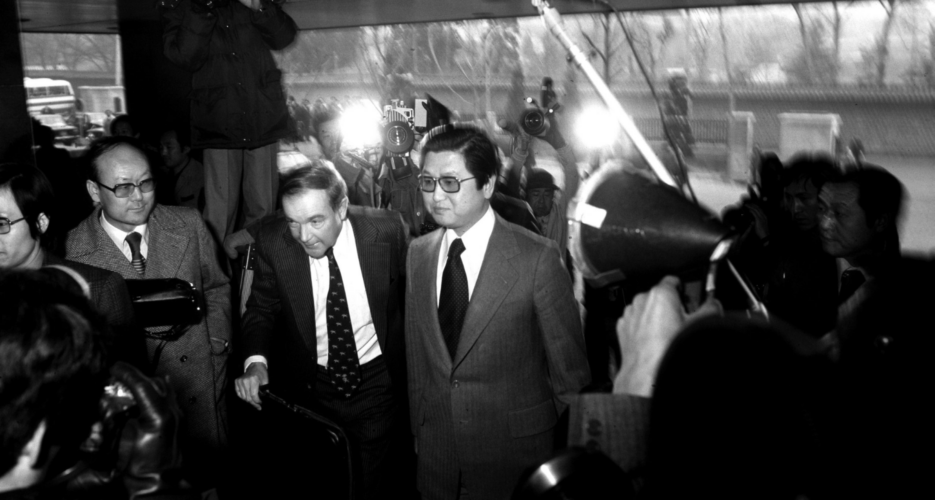Koreagate’s legacy suggests that South Korea’s campaign to influence the U.S. may extend beyond Sue Mi Terry
While most Americans and Koreans might like to believe that their countries’ foreign policies are based solely on their own national interests, Sue Mi Terry’s indictment suggests that external influences may play a role in shaping these policies.
As U.S. law enforcement continues its investigations of Terry’s alleged collusion with South Korea’s National Intelligence Service (NIS) agents, this case may expand in scope and duration, revealing a network of individuals and institutions involved in shaping U.S. policy and public opinion in favor of South Korean interests.
While most Americans and Koreans might like to believe that their countries’ foreign policies are based solely on their own national interests, Sue Mi Terry’s indictment suggests that external influences may play a role in shaping these policies.
As U.S. law enforcement continues its investigations of Terry’s alleged collusion with South Korea’s National Intelligence Service (NIS) agents, this case may expand in scope and duration, revealing a network of individuals and institutions involved in shaping U.S. policy and public opinion in favor of South Korean interests.
Get your
KoreaPro
subscription today!
Unlock article access by becoming a KOREA PRO member today!
Unlock your access
to all our features.
Standard Annual plan includes:
-
Receive full archive access, full suite of newsletter products
-
Month in Review via email and the KOREA PRO website
-
Exclusive invites and priority access to member events
-
One year of access to NK News and NK News podcast
There are three plans available:
Lite, Standard and
Premium.
Explore which would be
the best one for you.
Explore membership options
© Korea Risk Group. All rights reserved.
No part of this content may be reproduced, distributed, or used for
commercial purposes without prior written permission from Korea Risk
Group.












